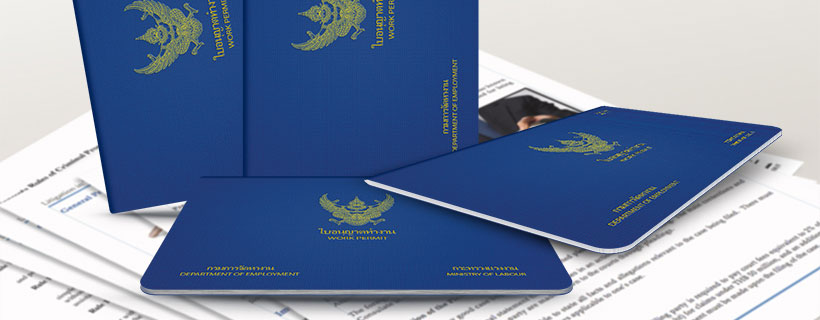To legally work in Thailand, a foreigner must apply for a work permit. Work permit is a legal document that states a foreigner’s position, current occupation, or job description and the Thai company he is working with. It also serves as a license to perform a job or an occupation allowed for foreigners inside Thailand.
Foreigners entering Thailand are not permitted to work, regardless of their type of visa, unless they are granted a work permit. Those who intend to work in Thailand must hold the correct type of visa to be eligible to apply for a work permit.
To secure a work permit in Thailand, a foreigner needs an initial visa, which is a non-immigrant visa. The non-immigrant visa must be obtained before entering Thailand.
Once the foreigner has a non-immigrant visa, he may begin to process the work permit. The work permit process would take 7 business days to accomplish. Work permit application is processed in the Ministry of Labor office.
A foreigner is eligible to apply for a work permit as long as he has a non-immigrant visa or a resident visa, has an available employer who will provide documents for work permit, and the occupation he will perform is not prohibited to foreigners.
The applicant has to submit the following documents:
- 2 inches photo
- medical certificate
- original passport
- letter of employment
- certificate of degree
- address in Thailand
The employer has to provide the following:
- company certificate and objectives
- list of shareholders
- application for VAT
- withholding tax of the company
- financial statement
- photocopy of the director’s passport and work permit with signature affixed
- office map
- letter of employment stating position and salary of applicant
- employment agreement
Once granted, the foreigner has to bring the work permit all the time especially at the work place and during working hours. Please note that the foreigner can only perform the job stated in the work permit and on the specific employer.



































